WASHINGTON — A federal judge on Friday dealt a significant blow to President Donald Trump’s latest attempt to overhaul voting laws through executive action, ruling that key elements of his March order overstepped presidential authority and threatened to disenfranchise voters.
Judge Denise J. Casper, of the U.S. District Court in Massachusetts, sided with a coalition of 19 states that sued to block the order. Her ruling indefinitely halts provisions that would:
- Require proof of citizenship to register to vote
- Withhold federal funding from states that count mail-in ballots after Election Day
- Direct the Attorney General to penalize states for late ballot counting
- Impose voter ID mandates on military and overseas voters
Casper, an Obama appointee, wrote that the executive order “appears likely to disproportionately disenfranchise Black and poorer Americans” and creates burdens that violate the Constitution’s limits on presidential power over elections.
“The Constitution does not grant the president any specific powers over elections,” she wrote, blocking the executive order from taking effect while the case proceeds.
Background and Legal Context
The ruling expands on an earlier April decision by Judge Colleen Kollar-Kotelly in Washington, D.C., who also found parts of the order likely unconstitutional—but did not go as far in halting the Election Day ballot-counting deadline.
Thirteen of the 19 suing states currently allow mail-in ballots to be counted after Election Day if postmarked on time. Judge Casper said they had clear legal standing to challenge Trump’s order and the potential loss of federal funding tied to non-compliance.
The Trump administration has defended the executive order as a necessary step to combat voter fraud and is expected to appeal the ruling.
Examples of Voter Burdens Cited
Casper’s ruling pointed to specific groups and scenarios that could be negatively affected, including:
- U.S. citizens in coastal Maine with Canadian birth certificates and no passports
- Native American tribe members in remote areas of New Mexico with limited documentation
- Individuals with name changes or lacking stable housing
- The high cost of documents, such as a $165 passport in Rhode Island or a $22 birth certificate in Providence
She concluded that implementing the order would force states to dramatically overhaul registration systems, incur substantial costs, and impede access for eligible voters.

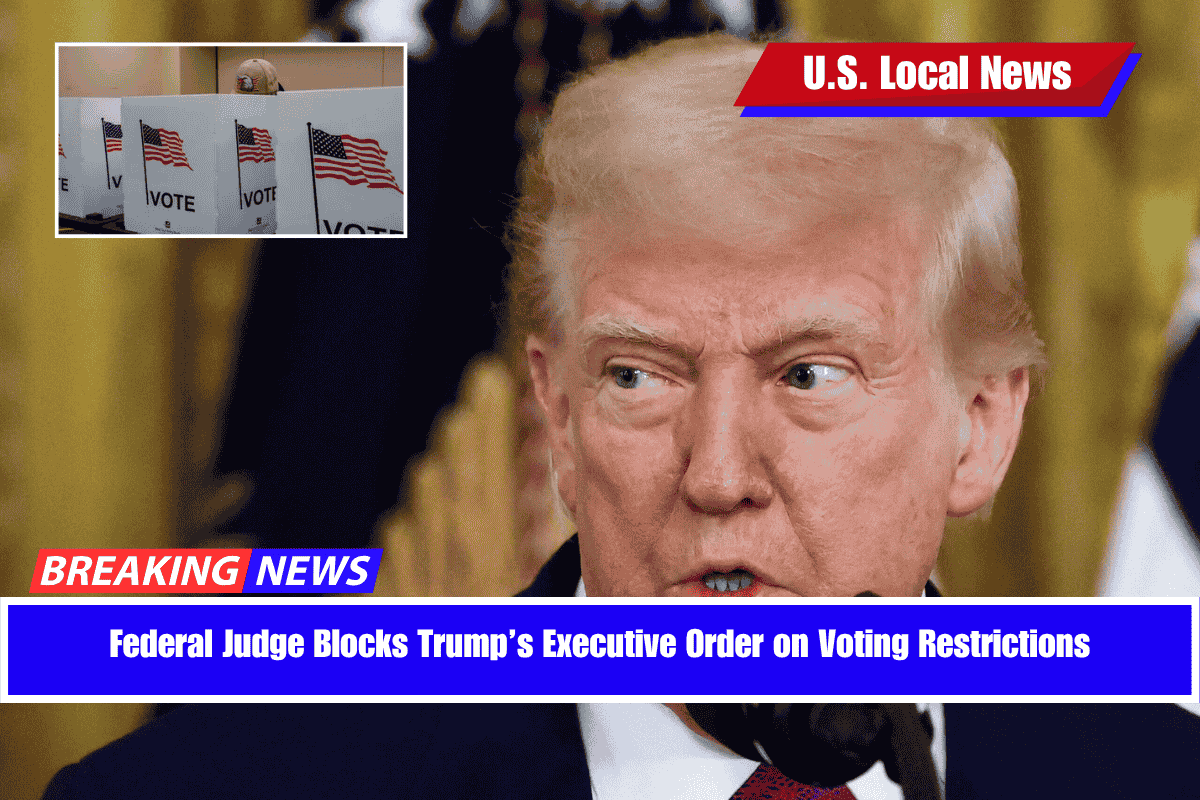
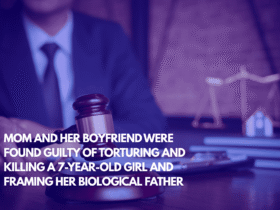
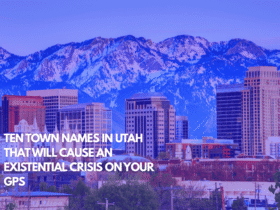
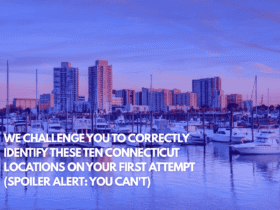


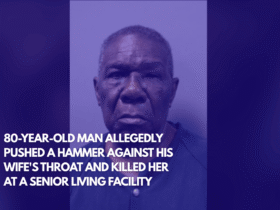

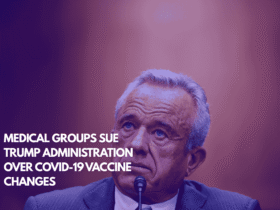

Leave a Reply